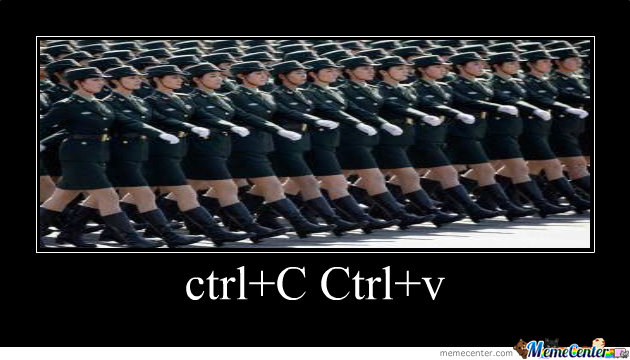“Teens often grow frustrated with adult assumptions that suggest that they are part of a generation that has eschewed privacy in order to participate in social media.”
I would agree that there definitely is a social pressure to “post nice pictures” on Instagram or Facebook or VSCO because there’s a recurring saying among users that if you didn’t take a picture and post it on Instagram, then were you really there?
But also I agree that the generation of parents fret too much over us being peer pressured into doing something that we don’t want to. That just isn’t always the case, because it’s up to that teenager to decide whether other people will dictate her feelings and the social pressure she puts on herself or just completely disregard the impact of social media and be carefree of it. People nowadays have more respect for exactly that—not caring how many “likes” a picture gets, but posting a picture plainly for the memory or to share what’s going on in their life. Sure, the pressure of being validated by the amount of likes you get will always be present because validation of existence and purpose I would argue is one of the basic needs of human life in the 21st century, but I think we can all agree that we can control ourselves mentally to not let that define our existence. If not, then that says a lot about how easily people can be manipulated today.
I think the reality is that teenagers are briefed so many times on the whole “keep your private information PRIVATE and everything posted online will stay there forever” shebang that there’s already a common sentiment that teenagers actually do want privacy. The stories about teenagers posting an indecent post that received much disdain and dislike that resulted in her/him being socially shunned that people are scared into are probably exaggerated and skewed to sound like it’s worse than it actually is. I’m sure that we’ve all posted something (not even risqué) that we look back on two years later and go “yikes.” But the whole mental game plays with your mind to make it seem like that post attracted a lot more negative attention towards your social standing than it actually did. And that’s the trap of social media and why parents have such a misunderstanding of how teenagers really understand use and sharing of private information on social media.

